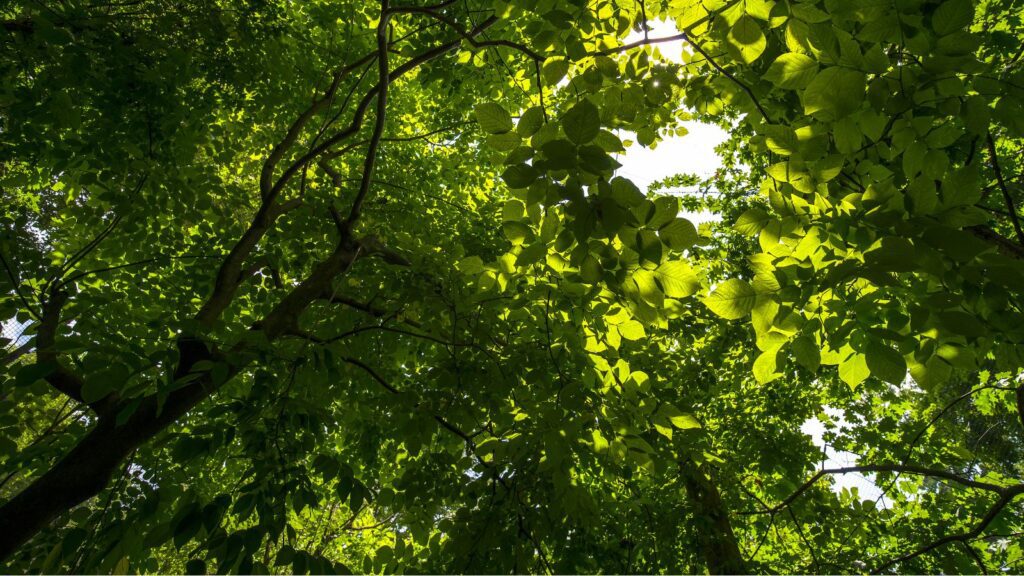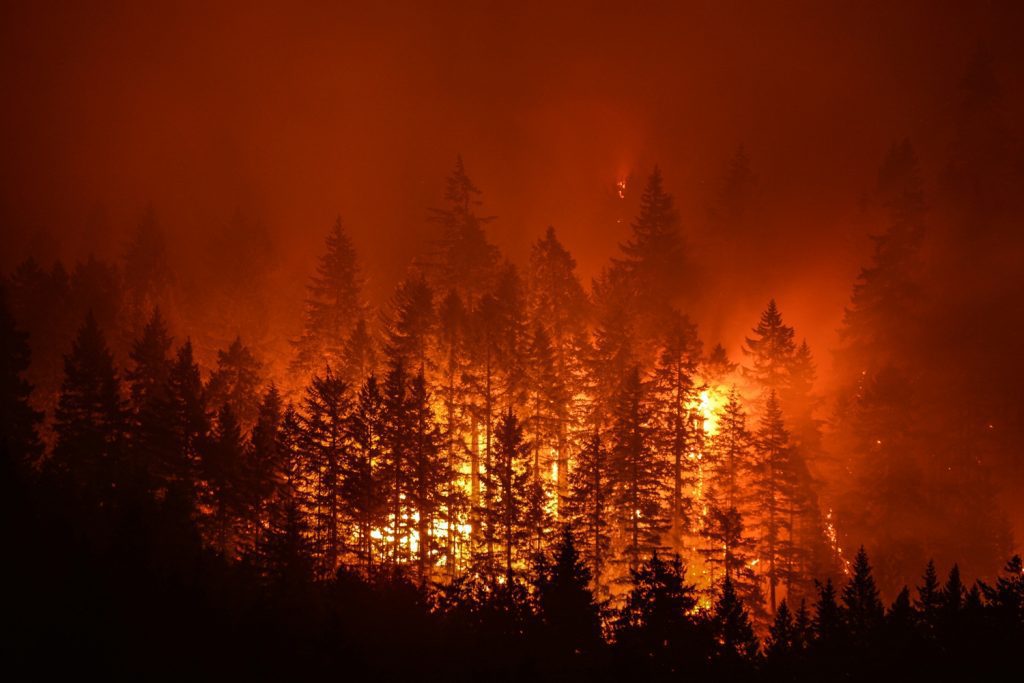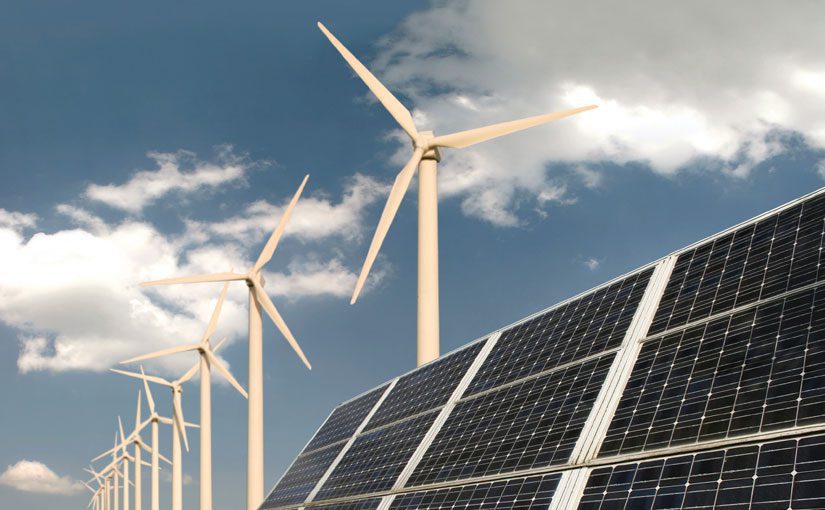40+ scientists and healthcare professionals sent an open letter to Environment and Climate Change Minister Guilbeault, urging caution
OTTAWA | TRADITIONAL, UNCEDED TERRITORY OF THE ALGONQUIN ANISHNAABEG PEOPLE – Today, scientists and doctors sent Minister Guilbeault a letter urging caution concerning the proposed release of oil sands tailings into the Athabasca River. The signatories agree that any water released must meet the highest water quality standards. They also insist that the results of an independent risk assessment of the release must be made public before further steps are taken to develop the regulations.
The federal government has been developing regulations that would allow the release of “treated” tailings water in the Athabasca. However, Indigenous Nations, Indigenous-led organizations and environmental groups have serious concerns over the lack of rigorous science backing the plan.
Public health professionals and academics are now voicing their concerns about the plan. They highlight the toxicity and complexity of the mixture held in the oil sands tailings ponds. For the first time, the scientific community has also come out with a position on the quality of any water released.
Their letter asks for the following:
- Detailed toxicological information in order for the affected communities and the scientific community to assess the safety of the plans ahead of public consultations.
- Regulations that must guarantee “no further exposure” to harmful chemicals, a contrast with the government’s proposed “reduction of threats” approach.
A higher standard for release is needed because downstream communities already experience disproportionate levels of exposure to harmful chemicals and pollutants due to industrial activity, including from tailings ponds seepage and evaporation. Additionally, the communities of Fort Chipewyan and Fort McKay experience an unusually high rate of rare cancers.
Reena Sandhu, a toxicologist and risk assessor, says:
“Good science, not just good intentions, is what we need to see before considering any regulations regarding a release. We really need to make sure any proposed solutions to tailings pollution don’t endanger human and ecological health. To do this, we need to have a rigorous and independent risk assessment.”
“Governments still largely depend on pollution monitoring systems regulated by fossil fuel companies that overlook critical information. Indigenous communities living on their ancestral territories have monitored these lands and water since time immemorial. They are saying there must be a zero-tolerance attitude towards plans that elevate the risk of continued exposure to toxic chemicals.” says Crystal Stamp-Cardinal, an advocate for Indigenous knowledge inclusion from Saddle Lake Cree Nation and Project Coordinator with Keepers of the Water.
Aliénor Rougeot, Climate and Energy Program Manager at Environmental Defence, says, “Governments are supposed to protect people from pollution, not allow more of it. We can’t accept a plan that gambles with human health.”
The letter is available here. Signatories include respected academics from fields such as environmental toxicology, ecology, aquatic ecosystems, and conservation biology, such as Shanna Swan, Joseph Rassmussen, Miriam Diamond and Tim Takaro, alongside dozens of physicians.
Background information:
- Tailings ponds are industry-made reservoirs the size of lakes in which the toxic byproduct of oil extraction from tar sands are stored. They contain dangerous chemicals such as ammonia, lead, mercury, benzene and naphthenic acids.
- Recent data shows the footprint of all tailings is now 300 square kilometers – about 2.6 times the size of the city of Vancouver.
- The government is considering developing regulations under the Fisheries Act, which would allow oil sands operators to release “treated” tailings water into the Athabasca River and announced draft regulations for December 2022.
- The Dene National Assembly has passed a resolution opposing the release of tailings water into the River, which flows to their Nations.
ABOUT ENVIRONMENTAL DEFENCE (environmentaldefence.ca): Environmental Defence is a leading Canadian environmental advocacy organization that works with government, industry and individuals to defend clean water, a safe climate and healthy communities.
– 30 –
For more information or to request an interview, please contact:
Paula Gray, Communications Manager, Environmental Defence, pgray@environmentaldefence.ca, 705-435-8611






